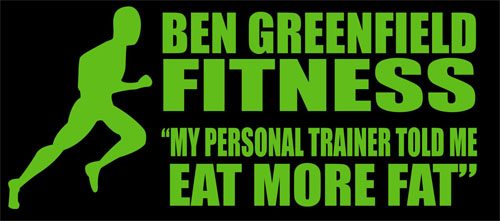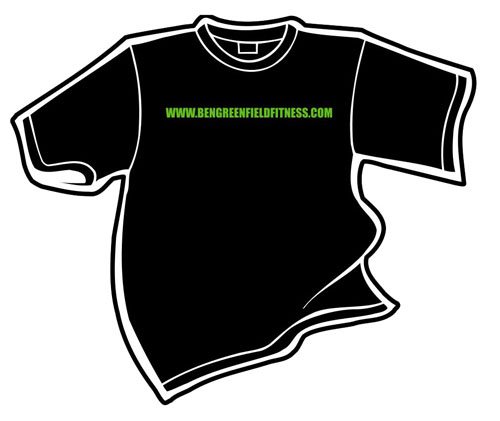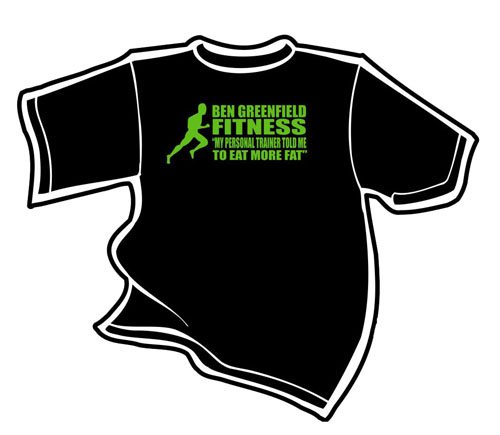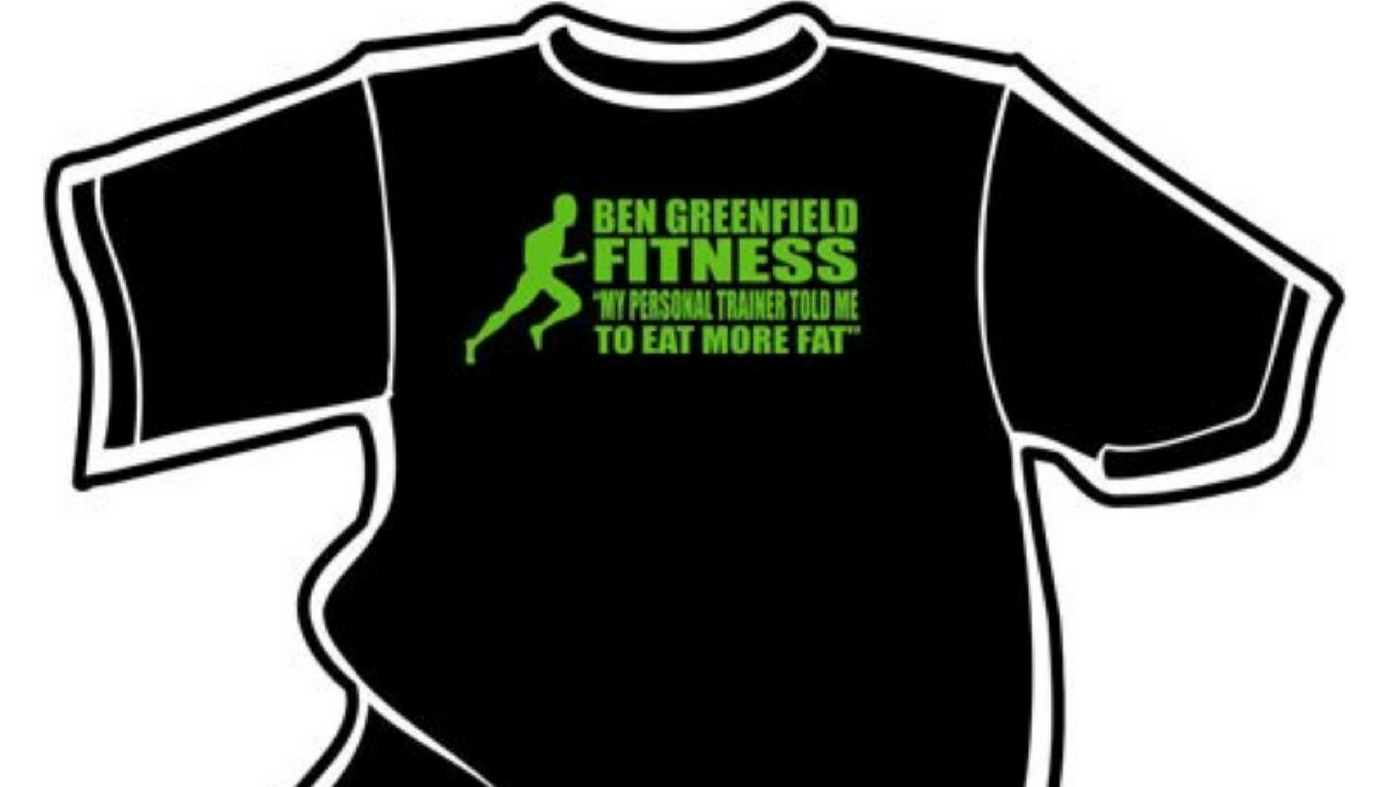May 11, 2009

Does your personal trainer tell you to eat more fat?
If so, why would somebody who is respected in nutrition or knows anything at all about diet or healthy eating ever tell you to do such a thing as eat more fat?
Your doctor? Your nutritionist? Maybe your husband or wife told you to eat more fat, because it had some kind of magical property to keep you full or boost your metabolism. I'm just trying to figure out if this is complete bunk, or if there is really is something to this whole fat phenomenon.
In other words, is there any good reason to eat fat? Vegetable fats? Animal fats? Any kind of fat?
Omega 3 fats? Monounsaturated fats? Trans fats? Hydrogenated fats?
Are any fats healthy? I don't know. You tell me. As a matter of fact, I'll make you a deal: in the comments section of this post, just give me just one good, healthy reason to eat fat. One good reason. Or reasons. There's gotta be some logic behind entire diet books that have been written around the concept of eating more fat.
I'll send the best comment with the most compelling reason or reasons to eat fat a BRAND NEW, “My Personal Trainer Told Me Eat More Fat” super-cool, black t-shirt.
That's right, you'll get Ben Greenfield's Fat T-shirt, in stylish Midnight Black and Lime Green colors. For free. The front says “BENGREENFIELDFITNESS.COM”. The back says “BENGREENFIELDFITNESS – MY PERSONAL TRAINER TOLD ME TO EAT MORE FAT”. May the best fat comment win. Ready, set, go!




Here is a link that explains in a nutshell the Kekwick/Pawan discovery in 1956:
http://www.paunchiness.com/british-researchers-prove-low-carb-high-fat-diets-more-effective-for-weight-loss/
FYI: In Dr. Atkins book he explains this theory & gives a ‘FAT FAST’ 5 day diet which is a revised plan of Kekwick’s to help metabolically resistant people that find it difficult to get in to lipolysis. He was very to careful to advise them to get other medical conditions checked before trying this (thyroid, candida, etc).
I am tryng to find the Kekwick’s plan to no avail. Everytime I try, the Atkins version comes up .
Anyway, knowledge is power!
Thanks.
While I was pregnant with Carson I developed gestational diabetes. My dietcian told me my diet needed to consist of 60% carbs, 15% fat, and 25% protein. The fats were important because when eaten at the same time as the carbs, they helped regulate blood sugar levels. And high blood sugars can lead to weight gain, so I guess in this case, “eat your fat to keep off the fat!”
Tips on choosing cooking oils:
Canola: Nutritionists recommend staying away from canola oil whenever possible. It has been linked to vitamin E deficiency and heart disease, plus it goes rancid easily. But if it’s all you have lying around, it’s pretty all-purpose, and most commonly used in baking and sautéing.
Olive: Ideal for salads, Mediterranean and Italian dishes (like pesto), and of course bread-dunking. Some recommended olive oil brands include: Carapelli, Whole Foods 365 brand, Berio, or the giant Kirkland brand jug from Costco, which should last you months.
Grapeseed: A bit pricy, but keep in mind, grapeseed oil lowers cholesterol. Use it when you’d use olive oil, and since it has a higher smoke point, it’s also good for frying and sautéing. (And the super special bottles will involve an elephant spout.)
Peanut: Not the best one for you (lots of monounsaturated fatty acids in there). But when the time comes for stir frying and deep frying, throw a little in there.
Sesame: The vitamin E-rich oil adds a nice smoky flavor to foods, especially in meat and chicken. Make sure to keep it in the fridge. Usually the darker the oil, the more sesame-y the taste.
Soybean: It’s in so many packaged goods (margarine, salad dressings, and mayo), odds are you’re digesting it right now.
Walnut: The FDA is pretty pro-walnuts. They have said that “supportive but not conclusive” evidence shows that “eating 1.5 ounces of walnuts a day … may reduce the risk of coronary heart disease.” So go for it oil form. Throw walnut oil into salads or finish off a fish dish.
GOOD Fats, like carbohydrates, are used by the body for fuel and are essential for the absorption of certain vitamins. The most important role of fat is to spare carbohydrates which are in limited supply in exercise of long duration and low intensity.
Fat is a valuable fuel for muscle activity. Endurance training significantly increases the ability of muscle to utilize fat. During aerobic exercise, fat serves as the preferred fuel source for muscle activity.
I can’t find it online, I kept a physical copy from my Grad School days.
Here’s the reference:
Kekwick and Pawan
Metabolic study in human obesity with isocaloric diets high in fat, protein or carbohydrate.
Metabolism. 1957 Sep;6(5):447-60
Peace!
~ Luke
Omega three fat’s keep me balanced and anxiety free
and Coconut oil just smells better then vegetable oil
Kekwick and Pawan found that subjects on a hypocaloric diet composed of 90% fat lost more fat than than those on diets of 90% PRO. And the group on 90% CHO actually GAINED fat.
So if you want to lose fat, eat fat.
~ Luke
Hey Luke, do you have a link to that study for people to read more?